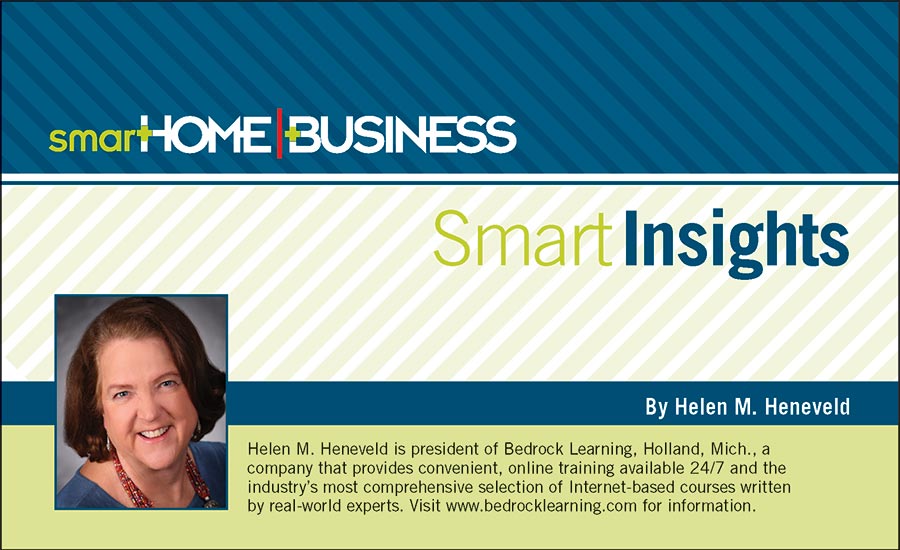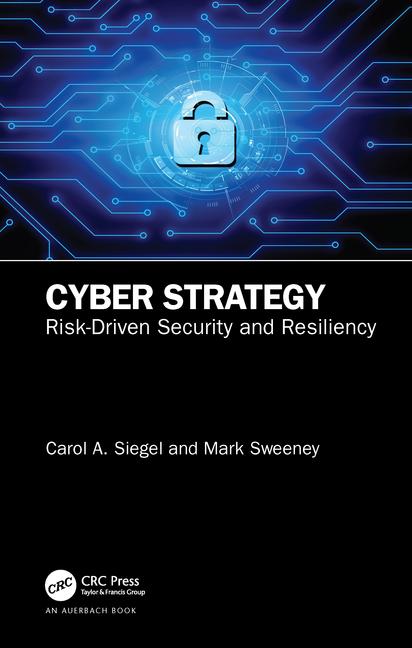Embracing Voice Technology for Security

Communication is something humans have been doing for thousands of years.
Why do we talk? We talk to share information, express and exchange ideas, convey our feelings, and connect to better understand each another. Fast-forward to today and we now converse with non-human helpers for the same reasons.
Known as “virtual personal assistants,” these electronic aides are intelligent. In technical terms, it is a software go-between that interacts with individuals through voice, and can perform tasks or services for us. They do it through natural language processing (NLP), a new technical term to learn. By merging artificial intelligence (AI), linguistics, and computer science, the software has the ability to process human speech. Combining NLP with machine learning, personal assistants home in on who we are, what we like, and deliver personalized responses.
Virtual personal assistants go by many names: Siri, Alexa, Hey Google, Cortana, Josh, and Bixby; one thing is for sure — they are here to stay. Parks Associates estimates more than 15 million voice-controlled personal assistants were sold in 2016 and more than 56 million will be sold in 2021. These devices engage in two-way conversations to play your favorite music, tell the weather, share sports scores, order pizza, control the lights, manage the environment and thermostats, and even tell jokes.
Yes, your customers are incorporating personal assistants, or have a keen interest in integrating them into their lives. But implementation requires knowledge and that’s where the security professional comes in. At the low price and even lower margins, selling these devices isn’t a profit center for your company, but integrating them into the home is.
Get up to speed on virtual personal assistants and take advantage of the opportunities they bring. It’s time you learn about, and embrace voice technology. If you don’t already have one, acquire one, or better yet, get numerous personal assistants. Study Google Home devices and experience what they can make happen. Also try out Amazon Echo. Echo products are natural add-ons for Amazon Prime users. Having almost tripled during 2017, there now are nearly 20,000 Amazon Alexa skills that provide product- or service-specific interactions.
With exponential expansion of the IoT and ubiquitous connectivity, the smart home is one of the biggest growth opportunities today. But adoption and proliferation of the smart home are still hindered by competing protocols and fragmentation, making it confusing and complex for the end user. Now add the growing number of connected devices in consumers’ lives, and integration is a real challenge. Voice control is an easy way to simplify smart home management, and enabling voice control around the home can help solve integration issues.
This opens up a natural path to add more smart home products, enhance the customer experience, and build customer loyalty. The security professional is already the trusted source for technology. Follow the consultative sales process; build their smart home ecosystem over time and avoid overwhelming them with technology and sticker shock. It’s time to deliver a robust user experience and empower them with voice control.
Looking for a reprint of this article?
From high-res PDFs to custom plaques, order your copy today!








